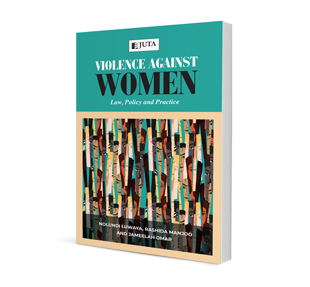
Villains and (s)heroes in the quest for truth and justice in sexual harassment cases
Author Nicolette Naylor
ISSN: 1996-2088
Affiliations: BProc LLB (University of the Western Cape), LLM International Human Rights (University of London).
Source: Acta Juridica, 2020, p. 27 – 62
Abstract
Sexual harassment is rooted in structures and patterns of patriarchy, power and discrimination. The law requires employers to address the root causes of sexual harassment to prevent and protect all employees. When the law intervenes to remedy sexual harassment, the disciplinary rules and procedures set out in the law of sexual harassment can victimise or vindicate both complainants and perpetrators. The law can also legitimise toxic workplace cultures when it directs all its focus on individual perpetrators and complainants, as opposed to interrogating broader organisational cultures that may create a toxic environment in which sexual harassment can thrive. This article explores the limitations of the individualised, adversarial approach to discipline and offers guidance for reimagining what justice and accountability could look like in cases of sexual harassment, through an analysis of the Equal Education sexual harassment inquiry process and outcome.
Tribunal justice may be meaning ful to lawyers drafting legal documents … amid the smoldering embers of destroyed communities. But little satisfaction will come to survivors … the voices of survivors will remain largely unheard and unaddressed.